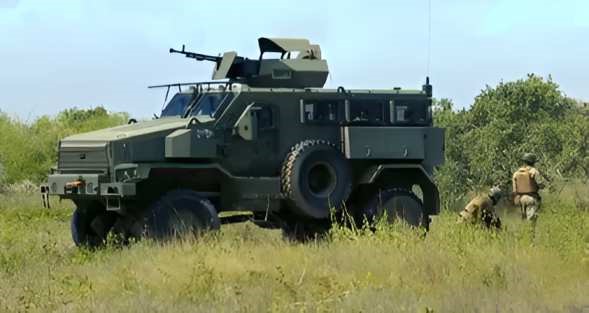Restoring peace from the shadows: NIS unit turns tide in Al-Shabaab hotspots

Unlike traditional forces, this unit trained, equipped, and directed through NIS frameworks relies on predictive intelligence, not just response.
In the unforgiving terrain of Kenya’s northeastern frontier where the dust rarely settles and danger lies beneath the surface an elite unit under the National Intelligence Service (NIS) is quietly reclaiming ground once dominated by terror.
Deployed in Gesirene, along the Hulugho-Galamagala axis near the Kenya–Somalia border, this specialized outfit has been operating in the shadows, executing high-stakes, intelligence-led missions against Al-Shabaab cells and improvised explosive device (IED) networks.
The unit’s success has come at a cost. Officers operate in some of the harshest conditions imaginable baking heat, rugged bushland, and virtually no infrastructure. Every patrol risk ambush.
Every path could be mined. And yet, the team pushes forward, driven by a singular goal: restore peace.
“This work demands a different kind of endurance,” said one officer, speaking on condition of anonymity. “You’re isolated. You’re hunted. But you stay focused because you know the ground you cover today could mean a village sleeps safely tomorrow.”
Unlike traditional forces, this unit trained, equipped, and directed through NIS frameworks relies on predictive intelligence, not just response. Every move is calculated. Every target mapped. The aim is not just to disrupt attacks, but to destroy the infrastructure that supports them.
Recent operations have yielded substantial victories: weapons stockpiles, IEDs, assault rifles, bomb-making manuals, and encrypted communication tools all dismantled or seized. But perhaps the most powerful impact lies in what has returned: life.
In areas like Kolibo and its surroundings once synonymous with fear schools have reopened, health centers have been restocked, and locals are beginning to trust again. Football tournaments hosted by the unit have brought young men off the path of radicalization and into dialogue with those once seen as outsiders.
“These officers are more than combatants,” noted a local elder. “They listen. They build relationships. They’ve given our people a reason to believe the government hasn't forgotten us.”
Backed by enhanced logistical support, modern tactical gear, and deep community insight provided through the NIS network, the unit has become a quiet force of stability where government presence had long been absent.
Their mission is ongoing. The threats are evolving. But for the first time in years, the people of this forgotten corridor are beginning to envision a future without fear thanks to the men and women operating in the shadows, led by Kenya’s foremost intelligence agency.
